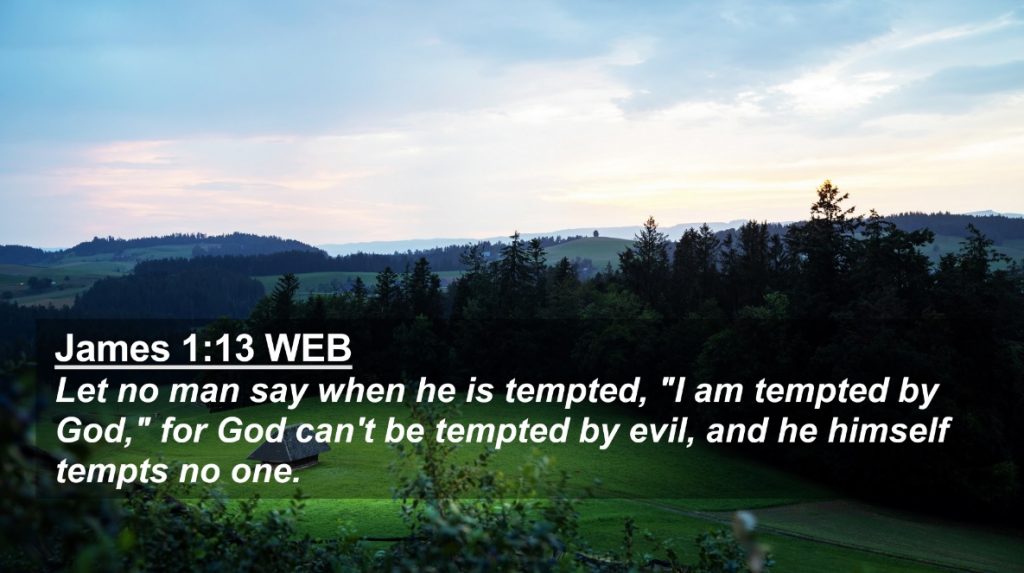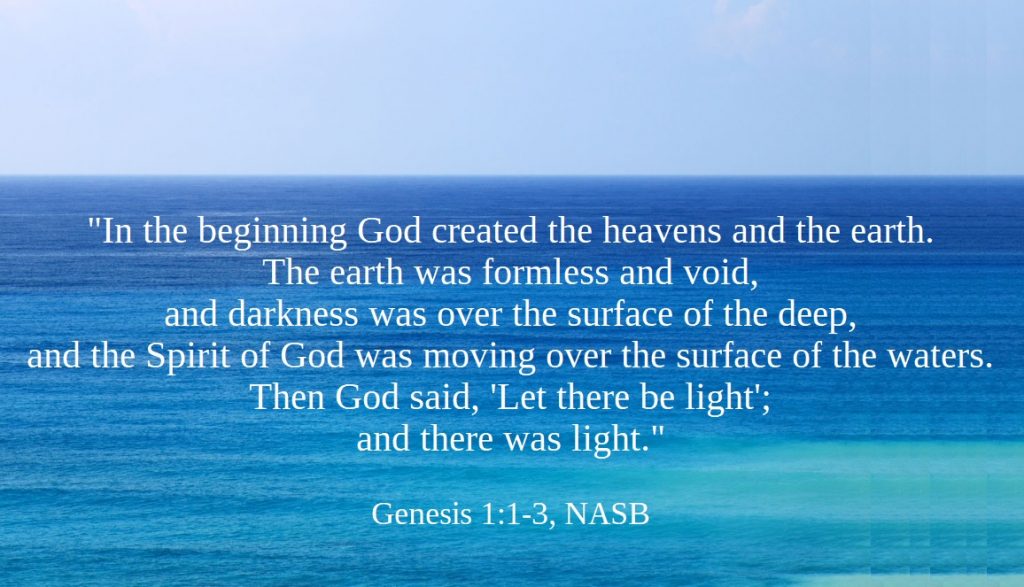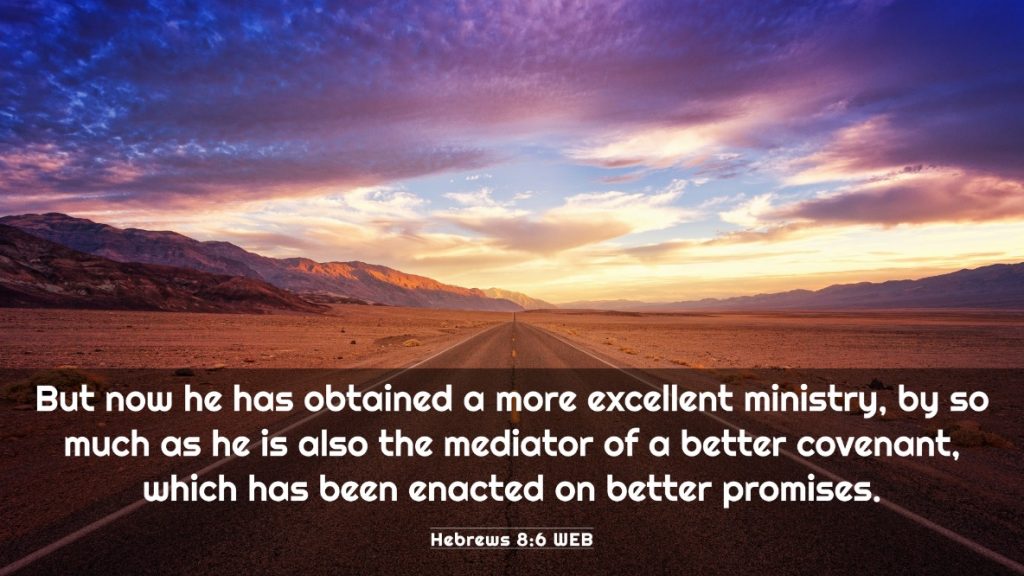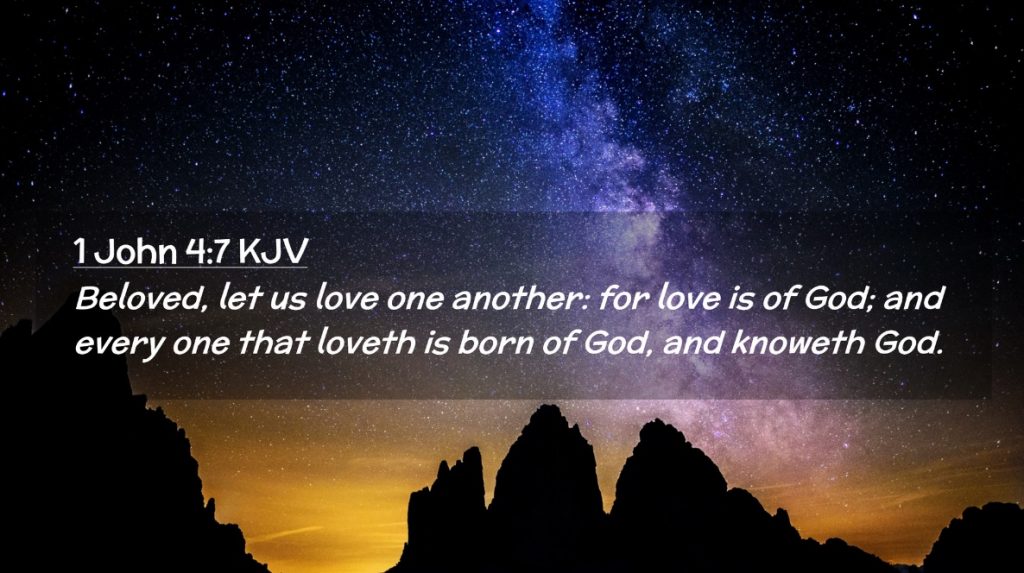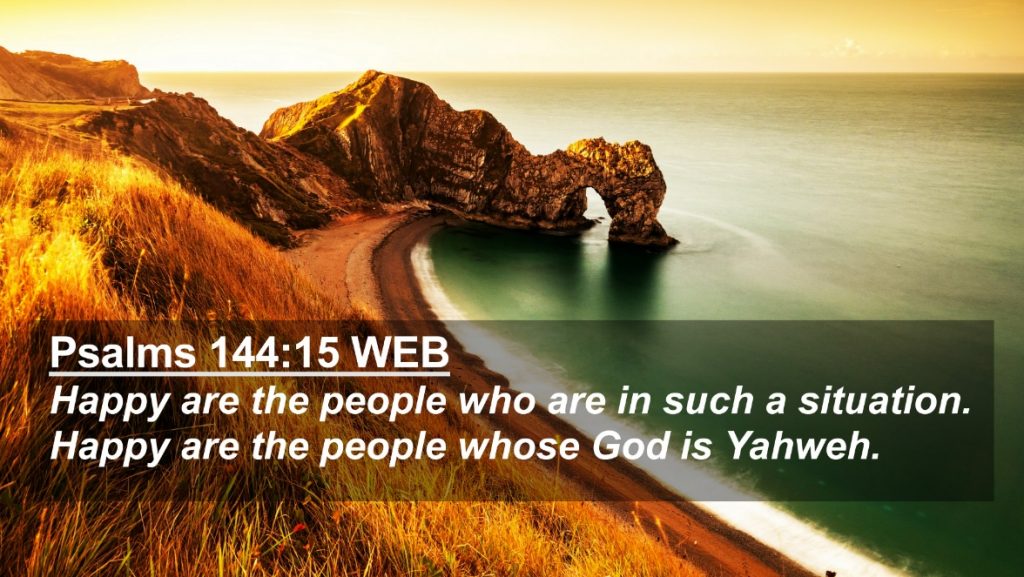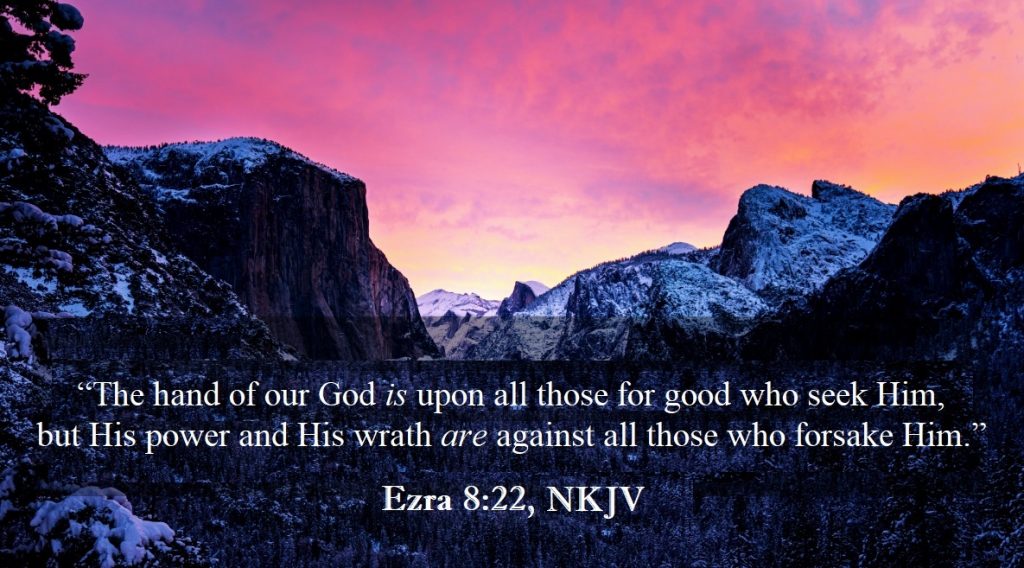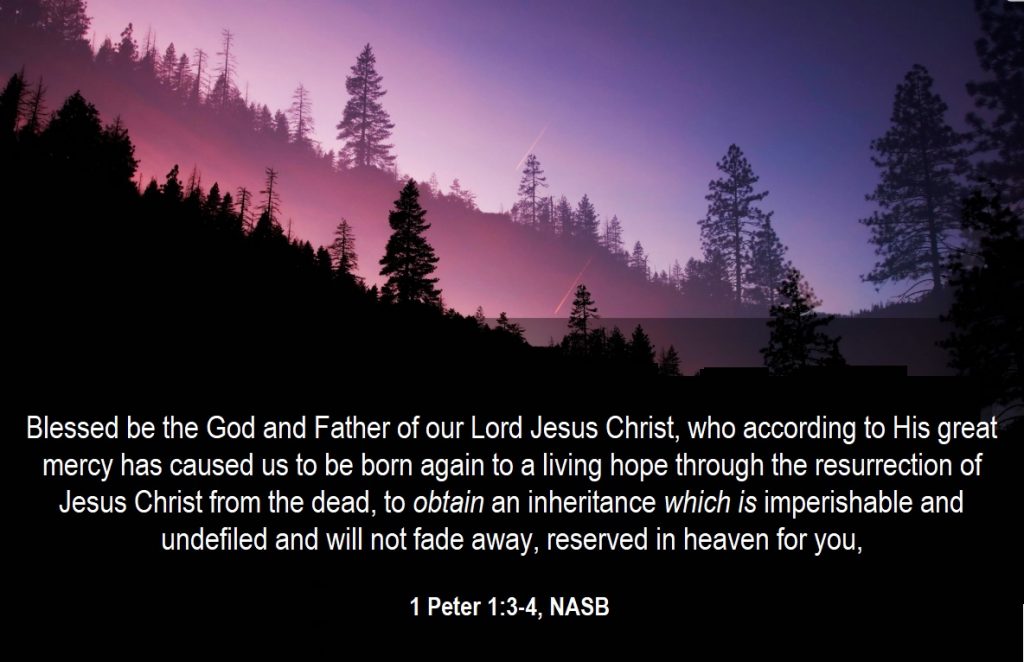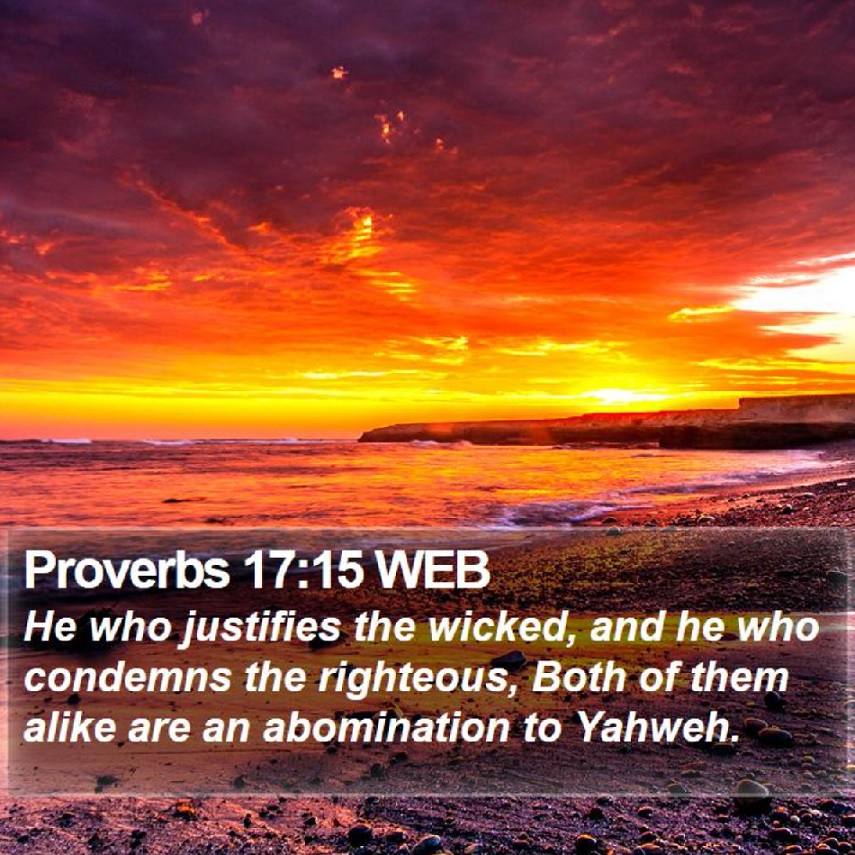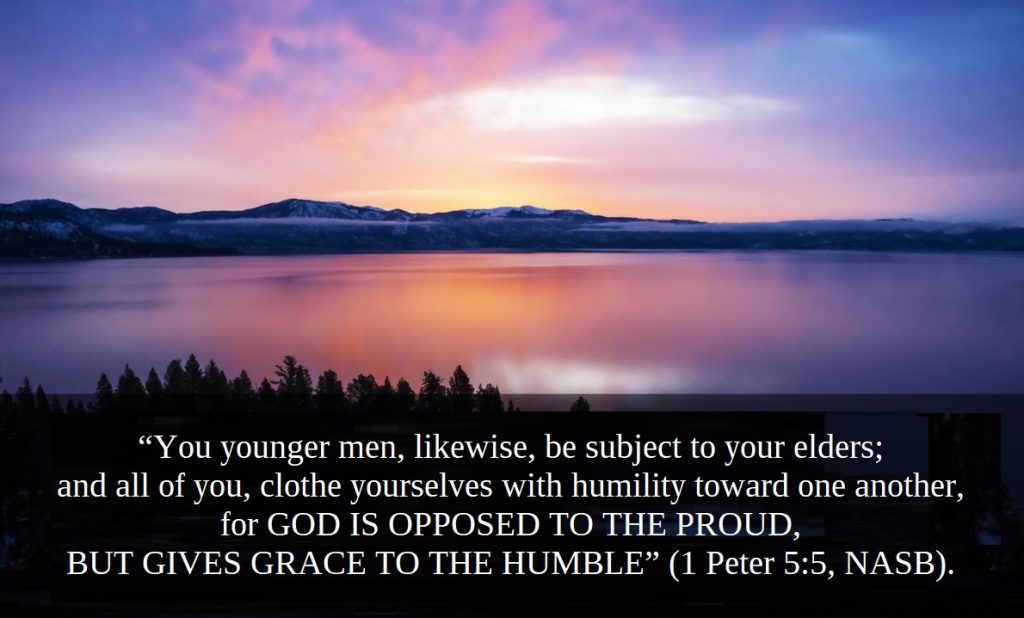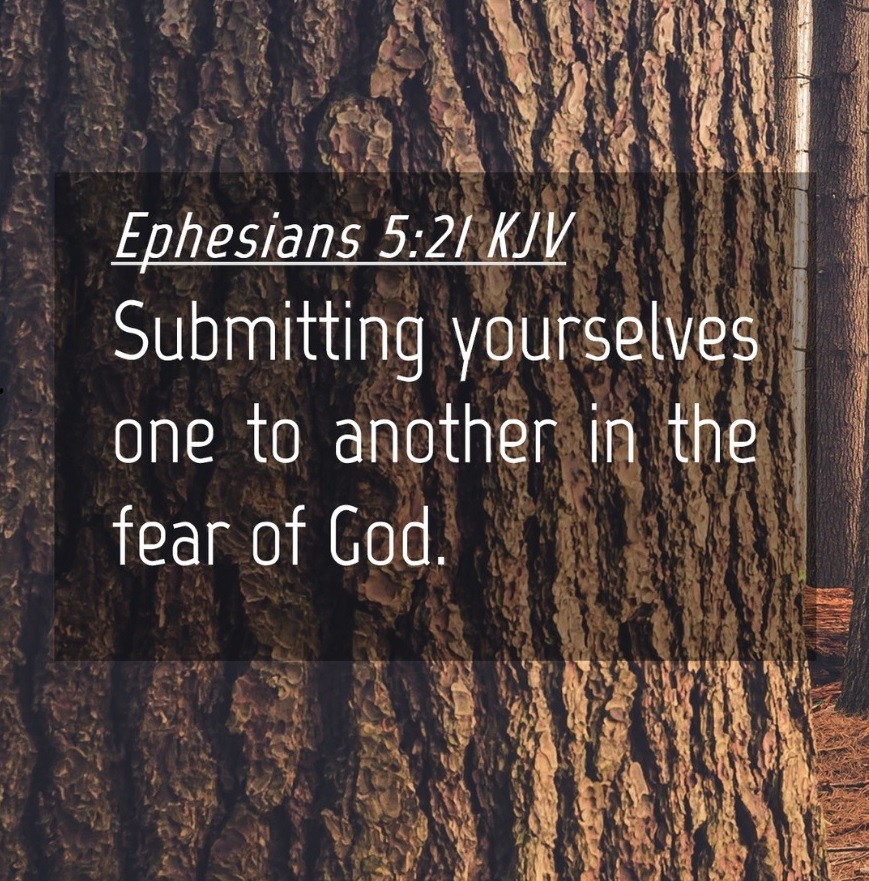“Go therefore and make disciples of all the nations…teaching them to observe all that I commanded you; and lo, I am with you always, even to the end of the age” (Matthew 28:19-20, NASB).
——————–
Contents:
1) Does God Violate His Own Laws? (Kyle Pope)
——————–
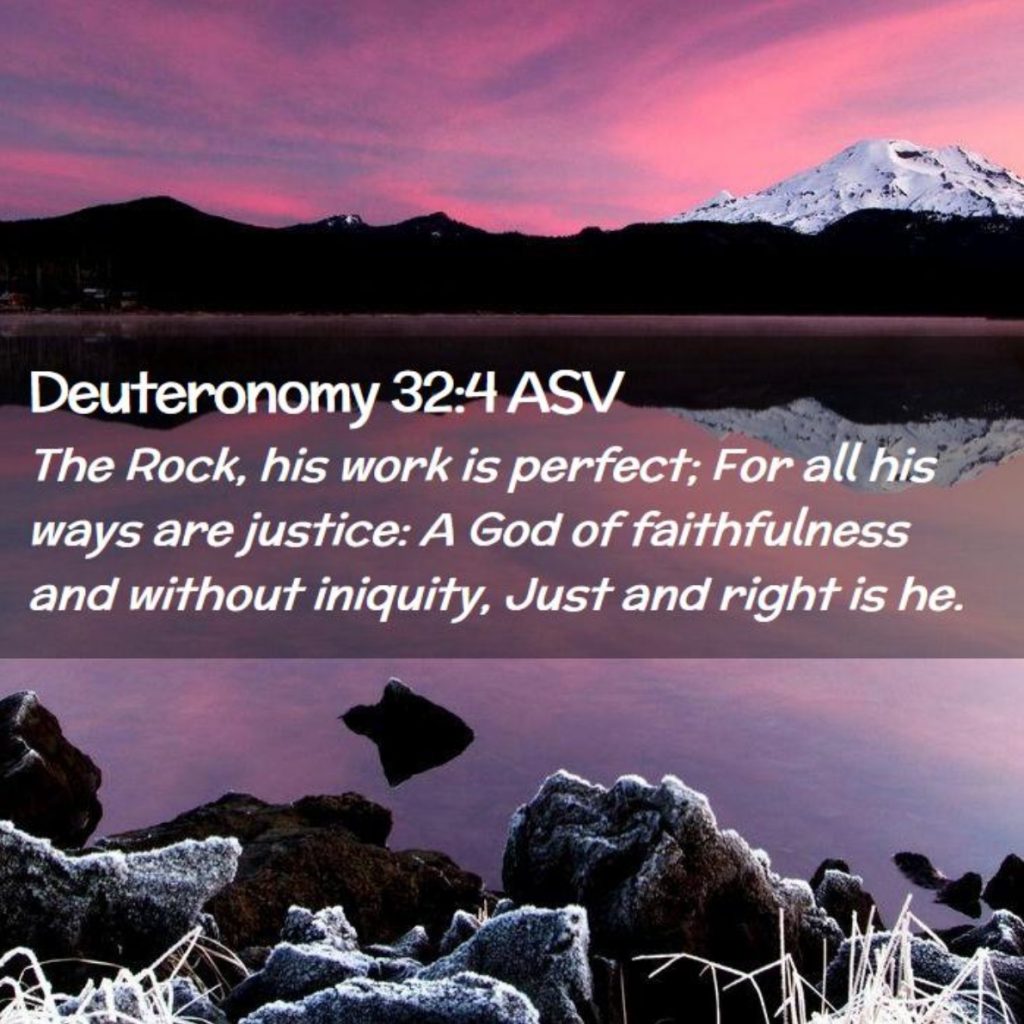
-1-
Does God Violate His Own Laws?
Kyle Pope
From time to time we hear the critic of faith or the believer facing doubts level the charge against God that He is inconsistent. The argument is that God makes laws for us, but violates those laws Himself. If this is true, so it is argued, God demands more of us than He does of Himself. Let’s explore this argument to test its validity.
Basic Elements of Law
1. Authority. Law, by its very nature, requires a few basic elements. First, there must be an established authority to make the law. In the case of federal law, the United States consists of branches of duly elected representatives of the people who pass and enforce laws. When it comes to natural law, there are no written ordinances, but the authority that established the principles that govern nature (i.e. God) put them in place by virtue of the fact that He created nature and so has the right to order it as He pleases (cf. Jer. 33:25). Divine Law that is given by revelation is higher than any human law. It is not set by man although many laws of man derive their authority from divine law—and thus from God Himself. Just as God made the elements of the natural world with the laws that govern them, God made man as a spiritual being and He alone holds the ultimate authority to regulate his behavior (Ps. 119:105).
2. Rules. A second element common to all law is some type of rules or regulations. All laws mandate certain things that must operate a certain way. A system without rules is said to be lawless. Any system that is governed by law operates within set rules and guidelines. It could be a speed limit. The law mandates “70 miles per hour” as the maximum speed at which a vehicle can travel on a certain road. It could be behavior. It is a crime to steal. The nature of the rules depends upon the nature of the thing regulated. In some cases the authority that enforces the rule is understood to stand outside of the rule. The highway patrolman who exceeds 70 miles per hour is not guilty if he does this to catch a driver who is speeding. The policeman that confiscates stolen property is not a thief. Part of their authority exempts them from some measure of accountability to the very laws they must enforce.
3. Jurisdiction. A third element of all law is jurisdiction. For law to have meaning there must be some realm over which a given law has dominion. The ancient laws of the Hittite empire may be curious relics of antiquity but they no longer hold any power because there is no longer a Hittite empire. The realm and the region over which these laws once held power no longer exists. In regional governments the issue of jurisdiction is paramount. The authority of one state cannot enforce its laws on the citizens of another because it does not have jurisdiction. By the same token, if I violate a practice that is considered criminal in another jurisdiction, but is permitted within the county, state, or country where I live I am not guilty. A good example of this is the burka worn by Muslim women. A woman in the United States is not a criminal if she refuses to wear a burka even though it is required by law in countries such as Saudi Arabia.
4. Subjects. Finally, in a very similar way, all law must involve subjects—that is, those who are under obligation to that law. I could write an imaginary law, for an imaginary jurisdiction, over an imaginary population of people but its force would remain just that—imaginary, because where there are no subjects there is no law. The region where the former Hittite empire once reigned still exists but its people no longer exist. On the other hand, as citizens of the United States we are obligated to obey the laws of our nation because we are properly subjects of the government which holds authority over us, and thus subject to its laws.
God’s Relationship to His Own Laws
1. Laws of Nature. Let’s start by looking at laws of nature. As we have already noted, God is the authority who established these laws. There are set rules that define these laws. Laws of gravity demand that a rock falls to the ground—it doesn’t float up into the sky. Is God within the jurisdiction of natural law? A key difference between the picture of the God of the Bible and the concepts of pagan false religions is what is called transcendence. The God of the Bible exists outside of the natural realm that He created. In other words, while Zeus, or Anubis, or Odin were themselves subject to certain laws of nature, the God of the Bible stands outside of the jurisdiction of natural laws. He is the “unmoved Mover.” He is the First Cause of all things! That means He can make an ax-head float (2 Kings 6:5-6). He can make time stand still (Josh. 10:12-13). He can make the shadow of the sundial go backwards (2 Kings 20:10-11). He is not under the jurisdiction of natural law, but every atom within this present universe, together with every soul made in His image is. They are subjects of the natural laws that God established over His creation. Because God transcends the natural universe, He is not a subject of His own creation, and is therefore not subject to the laws that govern it.
2. Moral or Religious Law.What about moral or religious laws? There is an interesting example that concerns the Sabbath commandment. The rules required that no ordinary work was to be done on the seventh day (Exod. 20:10). This was a law that was not given until the Law of Moses was revealed (Neh. 9:14). It was a law that was not restated under the Law of Christ (Col. 2:16). That means that those who worked on the seventh day before the Law of Moses, as well as those who now live under Christ, and even those who were not a part of the Mosaic covenant during the time of the Israelite commonwealth were outside of its jurisdiction and were not, therefore, subject to its regulation.What about God? This law was drawn from what was said about God’s creation (Exod. 20:11). The present universe was made in six days, but Scripture tells us that after this was done, God “rested on the seventh day from all the work which He had done” (Gen. 2:2). Even before this was given as a law to the Israelites, God is said to have “blessed the seventh day, and sanctified it” (Gen. 2:3). The Hebrew writer, in one sense speaks of God’s works being “finished from the foundation of the world” (Heb. 4:3-4); but Jesus, when criticized for healing on the Sabbath said, “My Father has been working until now, and I have being working” (John 5:16-17). Did God violate His own Sabbath law? No. He stood outside of its jurisdiction and like those before and after the Law of Moses, He was not subject to its regulation.
3. Genocide. This may seem reasonable when we are talking about things like the Sabbath law, but what is most frequently criticized is God’s treatment of His creation. That is, He commands us not to murder, but then He has commanded the extermination of the Canaanites, and Amalekites. Or, He commands us not to harm one another but He promises to punish the wicked throughout all eternity. Is He breaking His own laws in these examples? What are the basic elements of law in these examples? God is, once again, the established authority and He has set the rules that govern appropriate behavior. Yet, has God defined all taking of life as wrong? No! It is true that man is not to avenge himself (Rom. 12:19), and God condemns murder (Exod. 20:13), but He grants to the civil authority the right to punish even to the point of death those guilty of certain laws (Rom. 13:4). Is the executioner a murderer? No. Like the policeman who speeds to catch someone speeding, the executioner in his authority to carry out punishment is (to a measure) exempt from accountability to the law he is enforcing (cf. Num. 35:27). God on some specific occasions commanded Israel (in essence) to act as His executioner (Deut. 7:1-5; 25:17-19; 1 Sam. 15:1-5). The Canaanites and Amalekites were among some of the most wicked people that history has ever known (Deut. 9:4; Ps. 106:34-37). God bore with their wickedness for a time in order to give them time to repent (cf. Gen. 15:16). When the time came, He used Israel as the vehicle by which He ended their ability to do any more wickedness. Did He violate His own law? No. First, because He was never under the jurisdiction of this law, nor a subject to obey it, but also because the people whom He used to carry out His punishment were not violating any divine law themselves. They were carrying out lawful punishment—in this case in the form of warfare.
4. Eternal Punishment. What about eternal punishment? The issue of jurisdiction is applicable to this question as well. God is not under the jurisdiction of the laws He has set for His creation. When Judgment Day comes the nature of the present jurisdiction will be changed. What rules will govern the age to come? The jurisdiction of the realm of the saved will not be the same as the jurisdiction of the realm of the condemned. For example, to some measure, in that age the present laws of nature will be changed. In the jurisdiction of the saved there will be no more death, nor sorrow, nor pain because for them “the former things have passed away” (Rev. 21:4). On the other hand, some of these things will exist for the lost—“the smoke of their torment rises forever and ever” (Rev. 14:11). Is it cruel for God to punish the wicked eternally? Let’s consider this from another angle. If I create something—a piece of pottery, a bird house, a painting, or a machine—what rights do I have over that thing I have created? Am I cruel to the pottery if I reshape it into another vessel? (cf. Jer. 18:5-6). Have I sinned against the bird house if I decide to use it for something else? If the machine turns out to be dangerous, am I a monster if I make certain it is kept away from ever causing any harm to anyone ever again? No.
In our creation it is God that formed the molecules and synaptic responses that form our physical bodies (Ps. 139:13-16). We are His creation—He can do with us as He pleases. God asked Judah, “can I not do to you as this potter?” (Jer. 18:6). Above all other creatures in this universe, He has blessed us by placing within us a spirit that is said to be in His image (Gen. 1:26-27)—we are from this point onward eternal creatures (Eccl. 3:11). That is a blessing! But it is a blessing that demands responsibility. The nature and demands of God are such that all creatures that bear His likeness must conform to His law. For those who fail in this (which is to say all who are morally accountable in age and ability) He has made provision for this failure by the atonement of Christ. What is God to do with those of His creation whom He has made eternal who remain in rebellion to His authority and refuse His regulation? Since He is not a subject of His own law, and therefore not under the jurisdiction of His own authority we cannot even compare any action He takes to punish wrong with committing wrong—remember the executioner is not a murderer. Confiscation is not theft. Those who reject the gospel of Christ establish themselves as a type of eternally dangerous machine that must be forever put where it can never harm the subjects of God’s kingdom ever again—that is essentially what hell is. Is this cruel on God’s part? No, it is His right as Creator and the transcendent authority over His creation.
— Via Faithful Sayings, Volume 25, Issue 22, May 28, 2023
——————–
The Steps That Lead to Eternal Salvation
1) Hear the gospel — for that is how faith comes (Rom. 10:17; John 20:30-31).
2) Believe in the deity of Jesus Christ, the Son of God (John 8:24; John 3:18).
3) Repent of sins. For every accountable person has sinned (Romans 3:23; Romans 3:10), which causes one to be spiritually dead (Ephesians 2:1) and separated from God (Isaiah 59:1-2; Romans 6:23). Therefore, repentance of sin is necessary (Luke 13:5; Acts 17:30). For whether the sin seems great or small, there will still be the same penalty for either (Matt. 12:36-37; 2 Cor. 5:10) — and even for a lie (Rev. 21:8).
4) Confess faith in Christ (Rom. 10:9-10; Acts 8:36-38).
5) Be baptized in water for the remission of sins (Mark 16:16; Acts 2:38; 22:16; 1 Pet. 3:21). This is the final step that puts one into Christ (Gal. 3:26-27). For from that baptism, one is then raised as a new creature (2 Cor. 5:17), having all sins forgiven and beginning a new life as a Christian (Rom. 6:3-4). For the one being baptized does so “through faith in the working of God” (Col. 2:12). In other words, believing that God will keep His word and forgive after one submits to these necessary steps. And now as a Christian, we then need to…
6) Continue in the faith by living for the Lord; for, if not, salvation can be lost (Matt. 24:13; Heb. 10:36-39; Rev. 2:10; 2 Pet. 2:20-22).
——————–
Tebeau Street
CHURCH OF CHRIST
1402 Tebeau Street, Waycross, GA 31501
Sunday: 9 a.m. Bible Classesand 10 a.m. Worship Service. Congregational Song Service: 5 p.m. for every first Sunday of the month.
Wednesday: 7 p.m. Bible Classes
evangelist/editor: Tom Edwards (912) 281-9917
Tom@ThomasTEdwards.com
https://thomastedwards.com/go/all.htm (This is a link to the older version of the Gospel Observer website, but with bulletins going back to March 4, 1990.)
